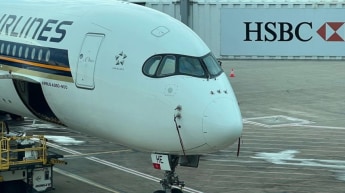
A leading accident and aviation lawyer has accused CASA of “dropping the ball” over the King River helicopter crash that killed Netflix star Chris “Willow” Wilson last February.
Peter Carter, director of Carter Capner Law and former national president of the Australian Lawyers Alliance, said the incident should “sound alarm bells” for the safety regulator and that Wilson’s family may be entitled to compensation over the incident.
Wilson was killed when the sling apparatus carrying him below the helicopter, which crashed in remote Arnhem Land likely due to a lack of fuel, was released “above a height that would likely be survivable” during the autorotation emergency forced landing procedure. CASA had allowed the sling line and hook to operate above non-survivable fall heights.
“CASA was censured for failing to identify and assess the risks associated with the potentially dangerous operation, and its removal of standard safety conditions for the particular operation,” said Carter.
“Neither should it have allowed the continued operation of piston engine helicopters like the one piloted by the Robinson for human sling operations ‘without adequate mitigations’.”
Carter, who is also a pilot, added that CASA might face further trouble when the ATSB releases its report into January’s Sea World helicopter crash.
“The same questions might be asked of the Sea World crash. Was this an accident waiting to happen like it appears was the case at King River?” he questioned.
“There are clearly operations on the fringes of general aviation that require more attention, and CASA must look at these.”
In the ATSB’s report into the crash, chief commissioner Angus Mitchell noted that CASA had revised its procedures.
“At the operator and regulatory level, effective safety management processes that identify and safely manage hazards are vital to preventing future accidents,” he said.
“The ATSB notes that the operator has voluntarily ceased commercial helicopter operations, and welcomes that CASA has revised its documented regulatory exemption process, which should assure an adequate level of safety is achieved and documented when approving regulatory exemptions.”
Carter has previously called for an overhaul of civil liability laws in the wake of the Sea World disaster.


















